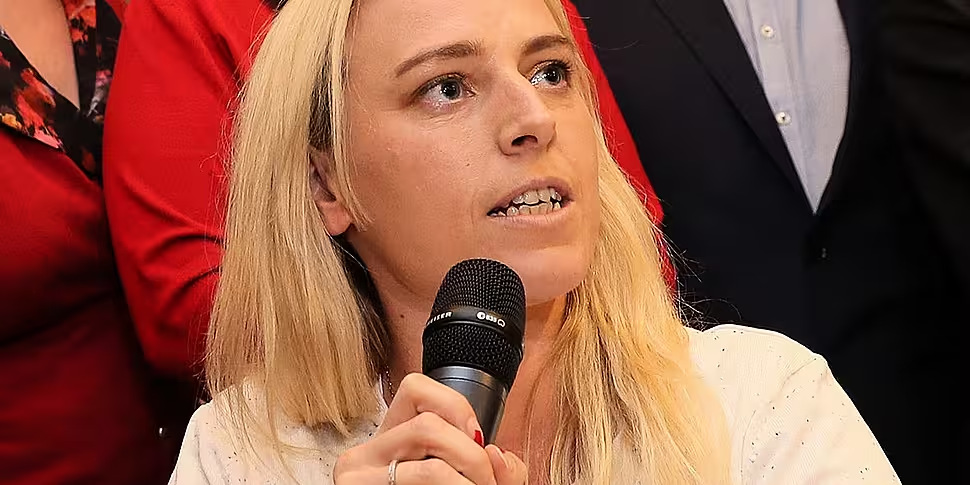Revenue should deduct child maintenance payments from parents who refuse to support their children, according to Lynn Ruane.
The independent senator is seeking to establish a number of reforms to transform the child maintenance system in Ireland.
Under her proposals, the Revenue Commissioner would calculate fair amounts of regular child maintenance payments, proportionate to a parent's income and the amount of care they provide.
The proposals are part of a new bill which is being brought before the Oireachtas shortly.
Senator Ruane told Newstalk Breakfast child maintenance is massive issue for many families.
She said: “It’s a bill that we have been looking at for a number of years.
“Currently in Ireland, what happens is you have to go for court if there’s not a collegial relationship between the two parents where the maintenance [needs to be] paid.
"Even receiving that court letter in the door creates a further adversarial relationship between two parents."
She said it's been difficult to find the correct department or agency to set up a dedicated maintenance agency that would manage payments.
However, international research directed them towards the model being used in New Zealand.
Senator Ruane explained: “In their equivalent of Irish Revenue… the parents would apply voluntarily to Revenue.
"We’ve built a calculation tool, which takes into account a number of things - such as the amount of care parents provide between them and other children they may have."
She said it would be beneficial for parents to sign up under Revenue and agree on maintenance payments, as the agency would have access to PAYE and PRSI data otherwise.
She noted there are still details to be worked out, including how the system would work with social welfare recipients.
However, Senator Ruane said she's "very hopeful" the bill will pass - saying the Oireachtas women's caucus has agreed to work to push it through on a cross-party basis.
She said the bill is above all an "anti-child poverty measure", as missed child maintenance payments can be "really detrimental" to the lives of one-parent families in particular.









